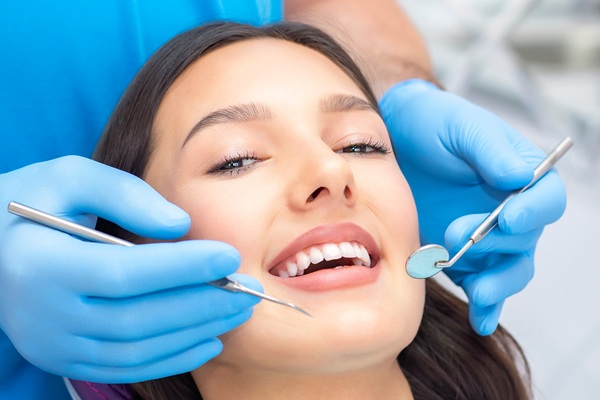Different Levels of Sedation Dentistry

Sedation dentistry might be necessary when feeling anxious or nervous about visiting the dentist for routine care or certain procedures. Dental anxiety is a common condition and it can be caused for a variety of things. Some people have a fear of dentists due to past negative experiences, while others might be afraid of the tools used by dentists.
Sedation dentistry serves a crucial role since people with dental anxiety may do anything to avoid going to the dentist. As a result, minor dental issues are left to fester until they turn into something more serious. This leads to higher dental bills, more pain and extreme discomfort, all of which could be avoided if the appropriate measures were taken early on. It is the pain caused by serious dental issues like cavities and infections that often forces people with dental phobias to face their fears and see a dentist.
The different levels of medication used in sedation dentistry
Sedation dentistry aims to keep patients with dental phobias relaxed during their treatments. This makes their experience at the dentist more pleasant while the dentist can get more work done. Here are the various levels of sedatives that can be used to keep patients calm and relaxed during treatments:
1. Minimal sedation
This is the first level of sedation used to combat dental anxiety. It can involve inhaled medication like nitrous oxide, also known as laughing gas or oral medication. Laughing gas is used to keep patients calm and relaxed during their treatment. The medication is administered via a face mask and it takes effect within a few minutes. The effects wear off quickly, allowing patients to drive themselves home afterward.
Oral medication like Halcion, a type of valium, can be used to address the anxiety that might occur before getting to the clinic. The pill can be taken about an hour before the patient's appointment. Such medication will make a person drowsy, so transportation should be arranged.
2. Moderate sedation
These medications are used to put the patient in a reduced state of consciousness. The patient should still be able to respond to verbal commands given by the dentist during their treatment, but they might not remember what went on afterward. The patient's reflexes remain functional under the influence of these drugs and they can breathe without assistance. IV administration and oral medication are typically used as moderate levels in sedation dentistry.
3. Deep sedation
This level of sedation leads to very low levels of consciousness and the patient might not be able to respond to commands. The patient might also need assistance breathing and keeping their airways open. This level of sedation dentistry is usually used during surgical treatments.
4. General anesthesia
This leads to a total loss of consciousness that the patient cannot be awakened from even when stimulated with pain. The patient will need a ventilator to keep their airways open. This level of sedation is typically performed in a hospital setting for more complex oral procedures.
Explore dental sedatives
Call or visit our Swampscott clinic if you need help getting past any dental phobias.
Request an appointment here: https://www.bryancousindmd.com or call Cosmetic & Family Dentistry of the North Shore at (781) 443-8268 for an appointment in our Swampscott office.
Check out what others are saying about our dental services on Yelp: Sedation Dentistry in Swampscott, MA.
Recent Posts
Don't avoid the dentist due to fear of pain. A sedation dentist can make the treatment easy and relaxing.If you struggle with dental anxiety, then our sedation dentistry may be able to help. With sedation dentistry, we can help you relax and not feel any sensation while we work on your teeth. Our goal is…
Dental anxiety can strike weeks before your next appointment. As a result, people with dental phobias often experience feelings of dread whenever the thought of having to go to a dentist creeps into their heads. As a result, people with the condition typically make up excuses to avoid going to the clinic to avoid having…
Dental anxiety can stop people from receiving the dental care they need, only making a situation worse.Our team can help to ease dental anxiety and keep patients comfortable during treatment. We strive to create a welcoming environment at our dental office, helping patients relax and stay calm. Dental anxiety is no reason to avoid essential…
Even though brushing your teeth can help to keep them clean and healthy, the bristles on a brush cannot reach all areas of the teeth. The cracks between teeth are notorious for catching bits of food that can form plaque. Dental floss can reach between the teeth and help benefit your oral health.Here are three…


